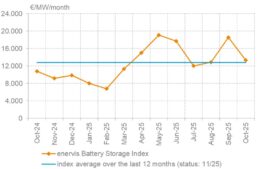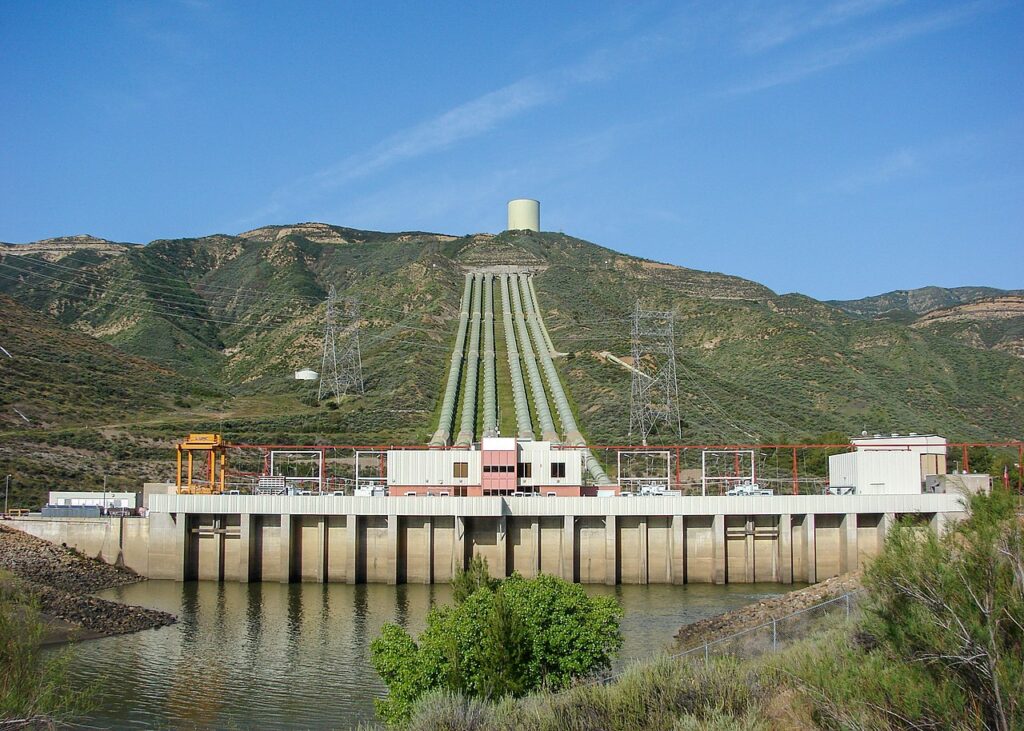Opinion & Analysis
Advertisement
Advertisement
Advertisement
Latest News
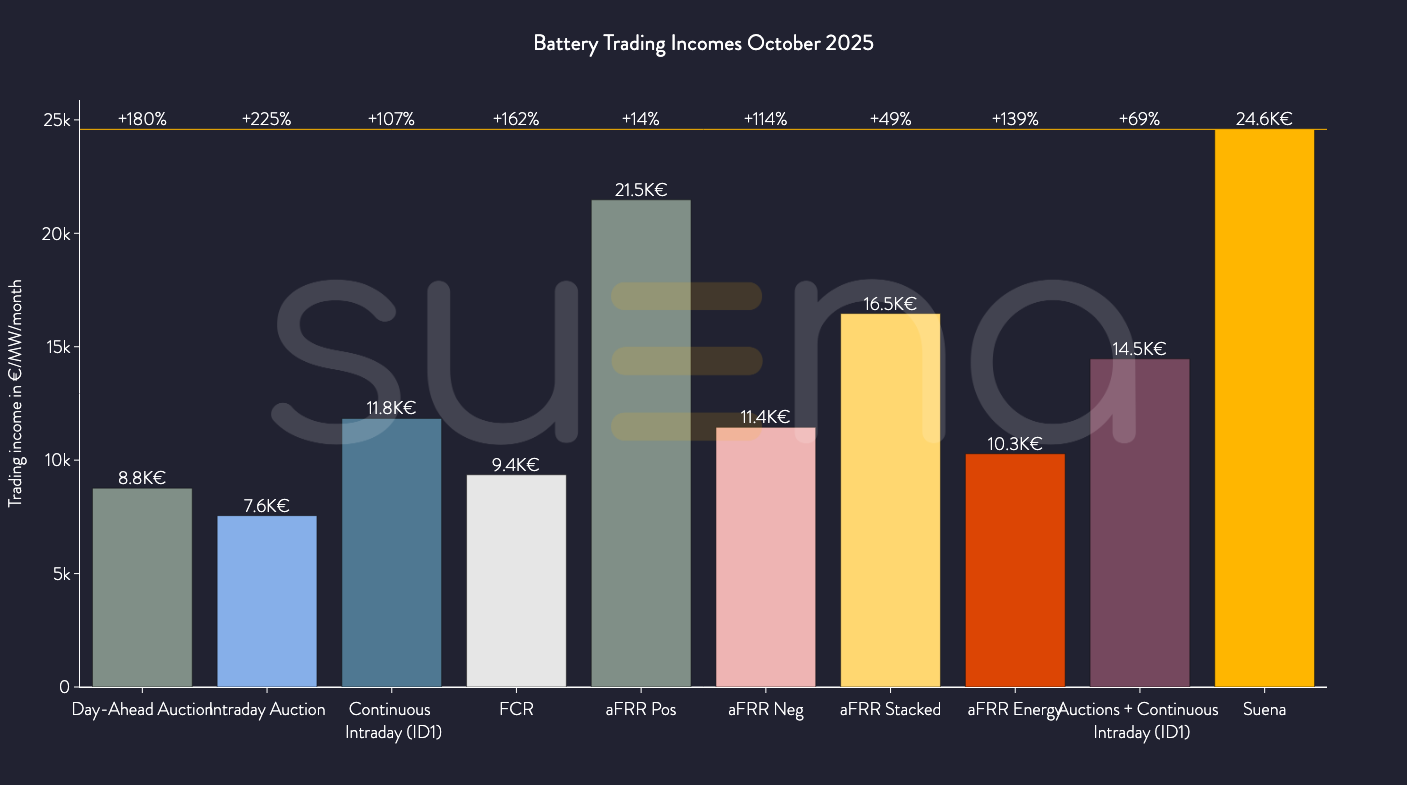
Stacking value in a changing market: BESS revenue in October
October brought a fundamental shift to battery trading dynamics In Germany as the day-ahead market switched from hourly to 15-minute intervals. Lennard Wilkening, CEO and Co-Founder of suena energy, breaks down how this structural change, combined with shifting weather patterns, reshaped revenue opportunities – and why tactical responsiveness across markets will only grow in importance as winter volatility sets in.
Nov 28, 2025
Advertisement
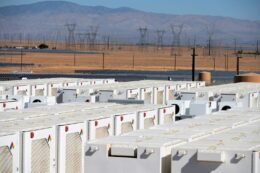
Shifting global battery storage trends could open the door for European growth
Global investment in battery energy storage systems (BESS) is entering a new phase, moving from niche pilot projects to large-scale grid integration. Europe’s ability to translate lessons from the United States – in policy clarity, contracting, and hybridisation – will define how quickly the market reaches maturity, NORD/LB experts write.

Battery boost needed to solve India’s energy gridlock
India has made significant strides toward its goal of achieving 500 GW of non-fossil fuel generation capacity by 2030. However, this progress could be undermined if more focus is not placed on the integration of renewables. Rystad Energy analyst Uttamarani Pati examines India’s progress on storage and transmission upgrades.

Stable, not volatile: How battery storage shapes electricity prices
The energy transition is facing a new challenge: rather than being determined by the total amount of energy generated, supply security is now dependent on its flexibility. The availability of electricity increasingly depends on when and where it is fed into or extracted from the grid, rather than on its overall production alone, writes Philipp Merk, founder and managing director of Kyon Energy.
All Opinion & Analysis news
Advertisement
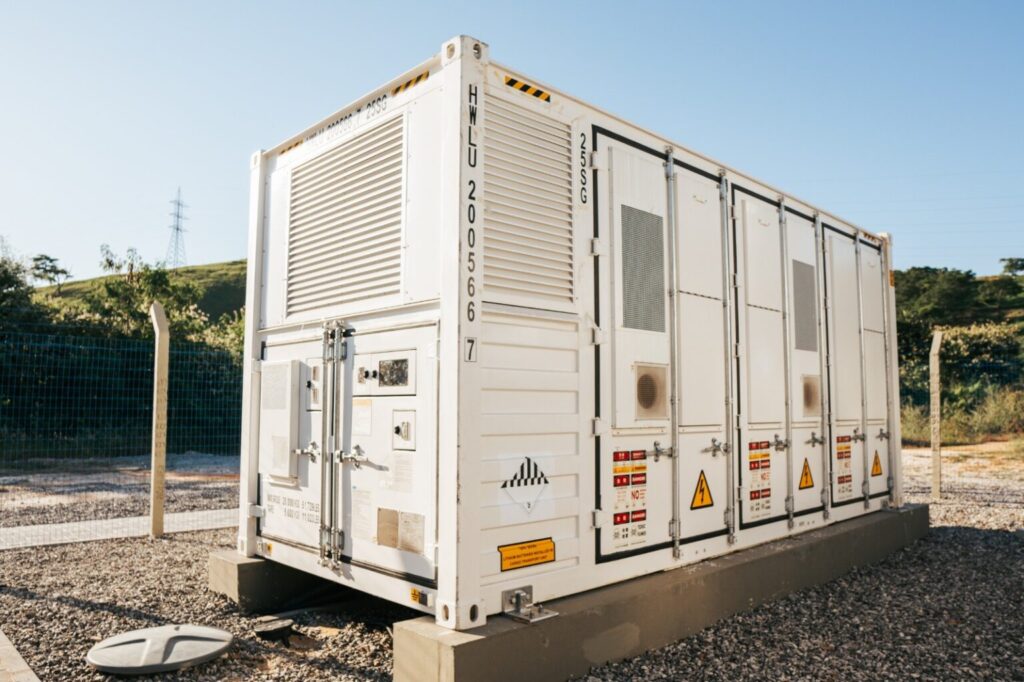
Energy storage could cut Brazil’s electricity system costs 16% in 2029
Storage is essential to expand renewables penetration and ensure grid flexibility, according to a study by consultants PSR. Regulatory and tax barriers still limit the sector, however, and new revenue sources are needed to make projects viable.
Advertisement

How lithium-ion batteries are reshaping the energy landscape
With renewable energy now making up nearly half of our installed power capacity, energy storage is the key to making clean energy truly dependable. On a national level, large-scale energy storage projects will be vital for balancing the grid and ensuring a steady flow of power, even when the wind isn’t blowing or the sun isn’t shining.
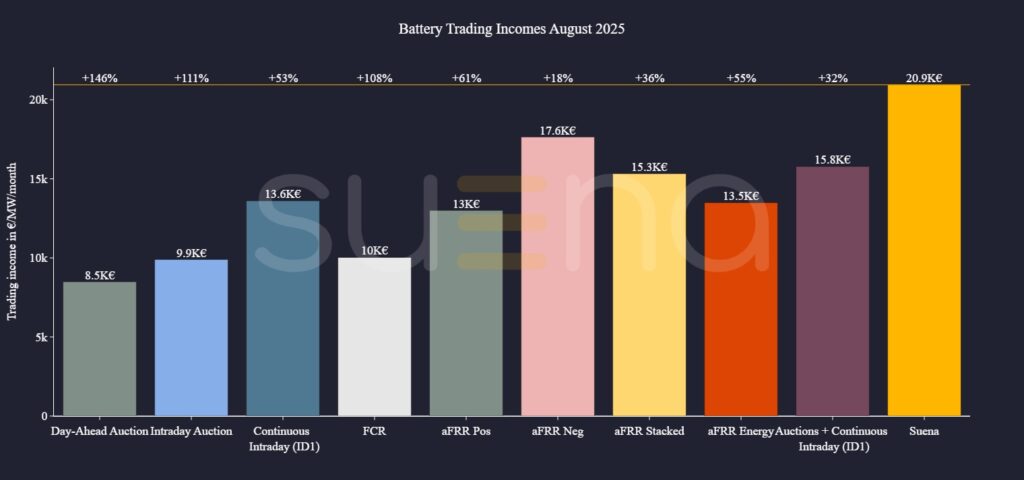
Between the peaks: Battery strategy in a moderate August
After a dip in July, battery storage revenues in Germany posted a modest recovery in August. Drawing on his company’s August revenue benchmark, Lennard Wilkening, CEO and co-founder of suena energy, explores what drove the recovery – and why adaptive, multi-market strategies continue to outperform static approaches even when market conditions are neither volatile nor flat, but somewhere in between.
Advertisement

